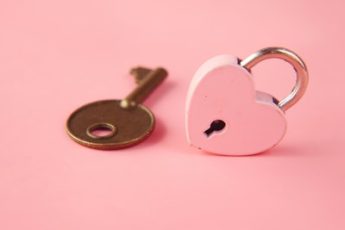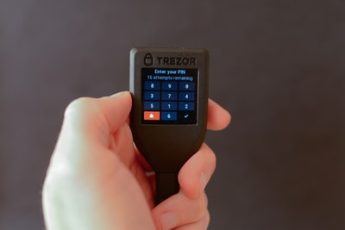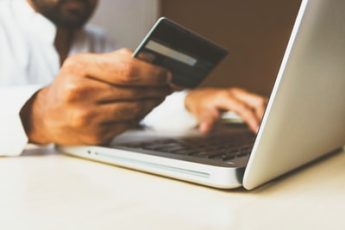You just can’t avoid the internet.
Speaking as someone who has spent most of his or her life online, I know that’s a pretty hard thing to believe but, trust me, it’s a fact.

Along with the wealth of information, tools, and entertainment that the internet provides, there are people who specialize in stealing information or even business away from us. Tools like viruses, trojans, worms, and even “zombie” computers are only a click away from your computer.
So what can we do to protect ourselves?
One of the easiest things anyone can do to protect themselves online is to create a strong password. Purposely selecting a password that has a variety of symbols, numbers, and letters can greatly increase your security.
Of course, unwanted visitors to your computer also have passwords – and can easily figure out what they are. That’s why it’s also important to stay away from generic “password” passwords.
Specifically, use the following rules:
Another – slightly less difficult – way to create a strong password is to substitute numbers for letters based upon their location on the keyboard.
So, for example, if your keyboard has the numbers 1, 2, and 3, you can use the letter “o” for one of those numbers, or the letter “0” for the other. Getting more specific, such as your keyboard having the numbers 1, 2, and 3, you could choose the letter “0” which would become 0,3, or 1,2. Stay consistent with the arrangement of numbers and letters for maximum protection.
As a general rule, you should never use the same password for more than 1 account.
However, a few surprising things have happened to me.com. A lot of my customers are from out of the country and they have ties to the UK, Canada, or Australia. Whenever someone has come to my office and presented them with a suspicious looking document, they’ve almost always come back saying that they’d love to get their money back, but unfortunately they can’t because their bank had debited their account and wired the money back to them.
Step 3 (Of Personal Information Protection): Never reveal your personal information online, even to a complete stranger.
One of the easiest and most effective ways to protect your computer and your personal information is never to say it online. You are going to open yourself up to an unscrupulous person who may be on the other side of the world from you. Don’t tell your password to anyone, even close friends. Moreover, change it regularly. For example, let’s say you have an account with Inbox. You can change your password with the site. That means you have control over its information. If you get a suspicious e-mail, you can simply go to your Inbox site, and delete the e-mail.
Meanwhile, if you encounter an e-mail that requests your personal information, don’t respond. Or, if you are too curious, type the URL address into your browser. That should disable any potential hijackers from accessing your account. If you’re too overwhelmed to respond or delete the message, make sure to ask for help from customer service.
4. Certificates are not enough.
See the previous section on this topic. Also, make sure that the site that you’re dealing with is a legitimate business that you can trust. Make sure that they are a well-known name, and that they have a thorough website that will tell you how they will use your information. Never give them your personal information. No one should ever ask you for your social security number, bank account, or pin numbers.
5. E-mail OnlyNotify your parents, if you are a minor, about your online relationship with someone you have met online.Tell them about specific things that you will do when you are going to meet them, as well as how you will know if they are cheating on you, if you have a website, and/or if you are meeting someone in person.
6. Remember, it’s not a weird for someone to sneak around your privacy.So don’t worry about it too much. If you feel uncomfortable, or threatened by someone online, talk to your parents. Also, use a process that encrypts your messages so that they can’t see until you are ready to open them again.
7. Be sure to set up rules.
Create time limits and set expected behaviors for yourself in terms of time online, including using the internet at times when you will be home. If you make rules and you stick to them, you will have more peace of mind.













